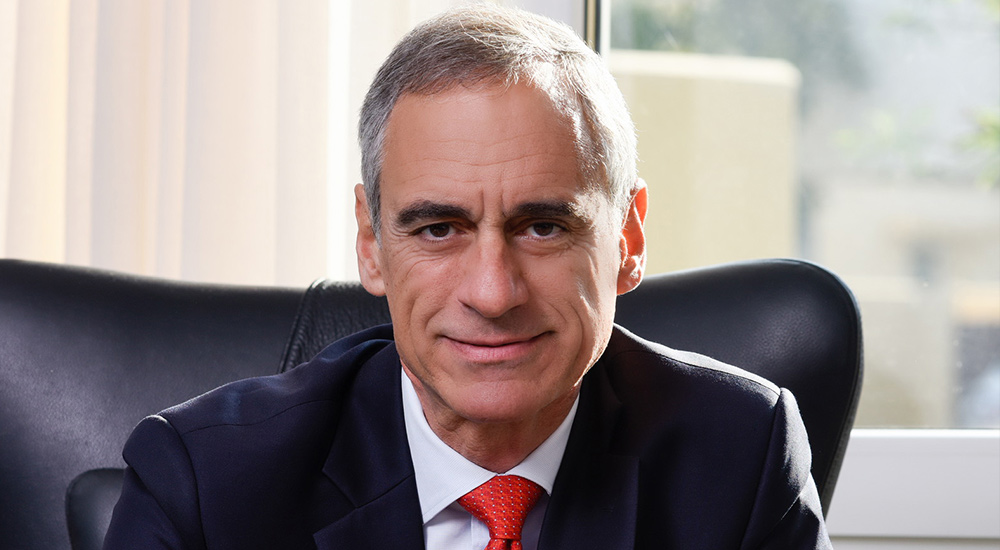Digital transformation key for governments to tackle COVID-19 onslaught

Digital transformation is a journey, not a destination. Once governments have adopted and integrated emerging technologies like AI, machine learning, IoT, and blockchain, they can enable near-universal digital interactions between citizens, visitors, organisations, and the government. Governments need to be constantly iterating and developing new innovations that can meet the needs of the country’s economy, society, and environment.
Digital transformation is the cornerstone of enhancing the GCC’s economy, society, and environment. Not only so, but a nation’s maturity in digital transformation also grants resilience to its responsive mechanisms in tackling unprecedented situations like the current Covid-19 outbreak. In the era of the experience economy, in which organisations move from products and services to experiences, GCC countries need to prioritise citizen experiences in their digital transformation.
A recent YouGov survey shows that 96% of GCC organisations rank customer citizen experience as a 2020 business priority. However, only two-thirds 66% effectively leverage customer citizen feedback. This experience gap illustrates why countries need to better listen, understand, and act on citizen insights to create engaging experiences – which can make engaging with the government faster and easier.
Already the UAE, thanks to UAE Vision 2021, has among the world’s leading government-led future technology initiatives, such as Dubai’s Internet of Things Strategy, the Emirates Blockchain Strategy, the UAE Strategy for AI, and the UAE Strategy for the Fourth Industrial Revolution. Nationwide digital transformation first requires modernising a country’s technology infrastructure – from broadband fixed-line to 5G mobile networks, and real-time applications for government services.
Using an integrated platform of cloud, AI, machine learning, IoT, and blockchain, Smart Cities can reduce traffic congestion and support sustainability, Government services can make it easier and more convenient for citizens and residents to interact with agencies, digital oilfields can optimise production and asset management and maintenance, and smart utilities can manage usage peaks and e-payment of bills. Public cloud is the foundational technology for enabling Smart Cities and smart countries across the region – enhancing citizen experiences, optimising costs, and adopting emerging technology innovations.
For example, a recent YouGov survey shows that 76% of UAE organisations agree that the public cloud is important for integrating artificial intelligence, machine learning, Internet of Things, and blockchain. Using these technologies, the GCC’s Smart Cities can run in real-time, integrate emerging technologies, and meet data sovereignty regulations.
As Millennials and Generation Z enter the workforce, countries need to foster partnerships between the public, private, and educational sectors to train the workforce of the future and more importantly leverage technology to find personalised employment opportunities in their communities.
For example, Digital Skills for Today is a massive EMEA-wide initiative that aims to shape the workforce of the future through job-relevant training and employment opportunities. In 2018, Digital Skills for Today introduced 10,777 youth to coding skills and graduated 314 youth from coding bootcamps.
Key takeaways
- Governments need to be iterating and developing new innovations that can meet the needs of the country’s economy, society, and environment.
- GCC countries need to prioritise citizen experiences in their digital transformation.
- 96% of GCC organisations rank customer citizen experience as a 2020 business priority.
- Countries need to better listen, understand, and act on citizen insights to create engaging experiences.
By Sergio Maccotta, Senior Vice President, SAP Middle East South.





